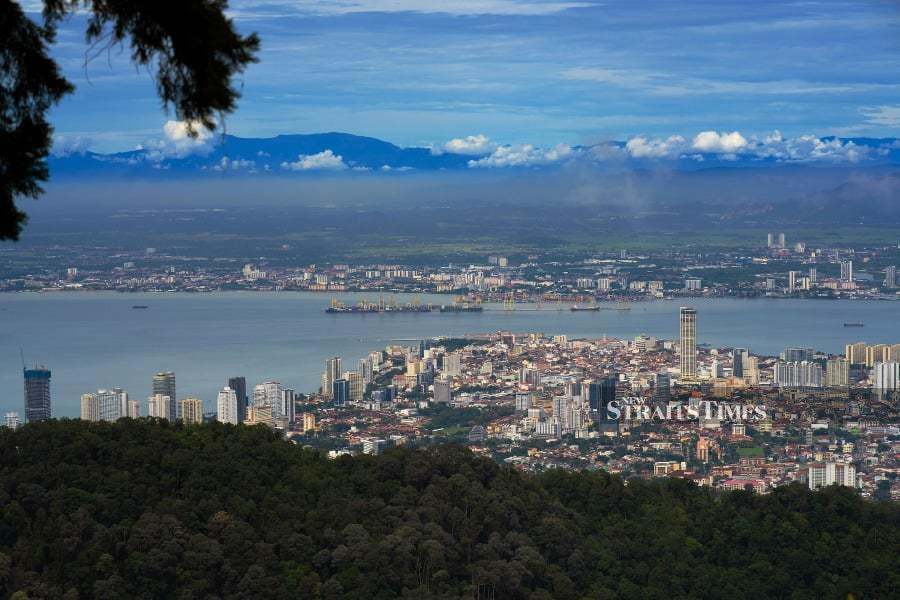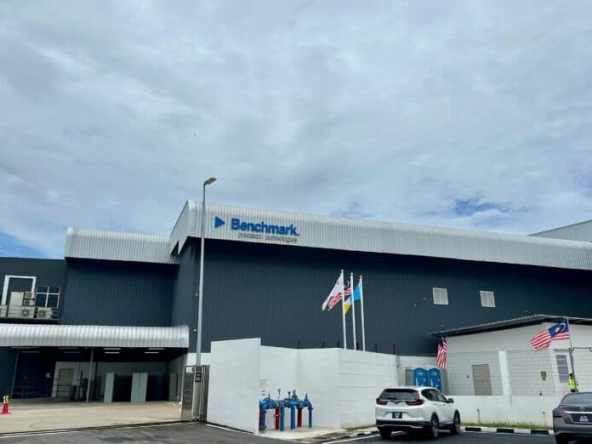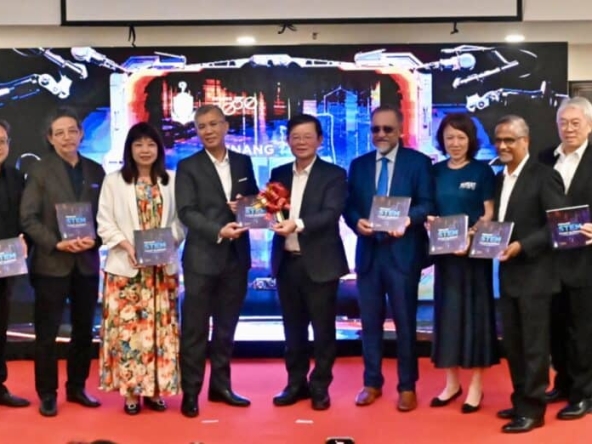The state attracted RM60.1 billion (US$12.8 billion) in foreign direct investment in 2023, more than the total it received from 2013 to 2020 combined.
Much of the investments are from Chinese companies.
InvestPenang’s chief executive officer Datuk Loo Lee Lian said Penang started to see a flood of interest from mainland China groups like Fengshi after the US began imposing trade restrictions on Chinese technology under the Trump administration, and especially since they were tightened by current US President Joe Biden.
Many of these are companies with global suppliers or western customers hedging against further US restrictions, she says.
InvestPenang estimates there are now 55 mainland companies in Penang operating in manufacturing, mostly in semiconductors.
That compares to just 16 before the American crackdown began.
Malaysia has a 50-year history in the “back end” of the semiconductor manufacturing supply chain: packaging, assembling and testing chips.
It is now trying to move up the front end of a US$520 billion global industry with higher value activities such as wafer fabrication and integrated circuit design.
The broadening US curbs on Chinese technology, especially for chipmaking, are a key reason for neutral Malaysia’s appeal, say industry groups.
America is jostling with China for global technology supremacy and has enlisted support from allies in Europe and Asia as it restricts sales of the most advanced chips and manufacturing equipment to its geopolitical rival.
Bank of America country executive Gautam Puntambekar said supply chain diversification from China remains a top focus for companies and this will only speed up ahead of elections in 2024.
He added that this makes Penang “one of the most interesting spots in Asia right now”.
Malaysia is the world’s sixth largest semiconductor exporter and holds 13 per cent of the global semiconductor packaging, assembly and testing market.
It is the origin for 20 per cent of US semiconductor imports annually, more than Taiwan, Japan or South Korea.
Among others, Intel, the world’s largest chipmaker by revenue, is spending US$7 billion on new facilities in Malaysia, including a “3D” advanced packaging site due to be finished later this year. It is also building another chip assembly and testing factory in Kulim, which borders Penang.
The investment rush in Penang has led to prices of industrial land to go up from about RM50 per square foot in 2022 to as much as RM85 per square foot, Knight Frank Penang executive director Mark Saw said.




